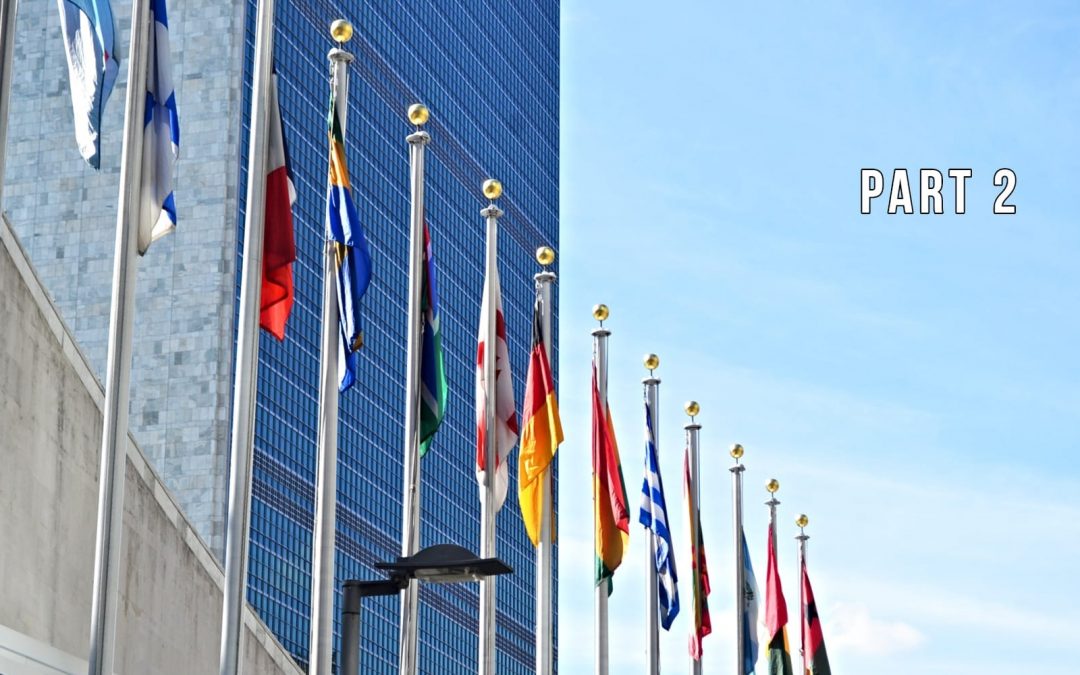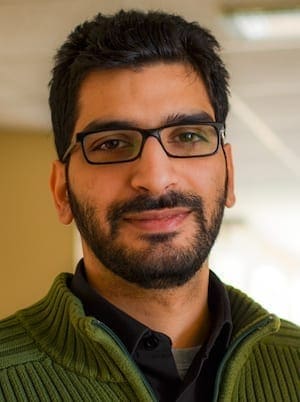What is the United Nations doing for religious freedom?
When I’m asked this question by fellow evangelicals, I respond by sharing how I work with U.N. leaders on religious freedom through my role as advocacy officer at the World Evangelical Alliance.
I shared previously about several mechanisms the U.N. uses to protect and defend this basic human right. Below, I’ll share a few additional avenues and discuss why working with the U.N. matters.
The Universal Periodic Review (UPR) is a mechanism established in 2006, along with the creation of the Human Rights Council.
For the first time in history, the UPR requires every member state to undergo, every four years and a half, an interactive dialogue with other member states at the council with regard to its human rights record and progress in implementing international commitments.
The WEA, like all other civil society actors, submits reports on the member states under review when requested by our member national evangelical alliances. And we have seen mixed results.
Significantly, states brought up freedom of religion or belief during Algeria’s UPR session and Sri Lanka’s UPR session.
On the other hand, member states made no recommendations to challenge Cuba during its UPR session to improve its freedom of religion or belief record, despite our report and that of three other organizations focused specifically on this issue.
The UPR is the only human rights mechanism that is universal, predictable and that no member state can avoid or afford to ignore.
The WEA and other organizations advocating religious freedom are doubling efforts to reduce inconsistency in addressing freedom of religion or belief.
As evangelicals, we have no illusions that worldly systems are or can ever be perfect.
Any expectation of perfection ignores the reality that “creation is groaning” and people, including country representatives at the U.N. and their staff, are sinful.
The U.N. Special Procedures has demonstrated readiness to address religious freedom just like any other human rights issue.
On the other hand, the Human Rights Council is an intergovernmental body that mirrors the tensions in relations between member states, the power dynamics between member states that genuinely want to advance human rights, member states wanting to shun oversight of their deplorable actions and member states that are too small to meaningfully influence the debate.
Moreover, despite the aforementioned resolution concerning Sudan, the Human Rights Council successfully addressed in September situations in Myanmar, Yemen, Venezuela, Burundi and Syria, among others.
This is a sign that the council is able to fulfill its mandate – albeit with a lot of maneuvering and behind-the-scenes lobbying.
Some criticism of the Human Rights Council, including by my fellow evangelicals, is hitting at the wrong target and is playing directly into the hands of governments that violate human rights.
Let’s not undermine the only intergovernmental institution that has the mandate to put pressure on these governments, to put their violations on the record and perhaps hold them accountable.
The alternative to the council is not a better-functioning international human rights mechanism.
The alternative is the inability of the community of member states to respond to human rights violations and atrocities committed in Myanmar, Yemen, Venezuela, Burundi and Syria – not unlike the Security Council.
Guided by our own values and ideals, I believe we have a responsibility to engage all U.N. human rights mechanisms, with the aim of strengthening religious freedom advocacy.
And, we need to make use of the exceptionally unique space afforded to civil society to advocate and challenge Human Rights Council members to put values over interests in global politics, to put rights over might.
United Nations expert mechanisms and intergovernmental bodies depend on input from us.
And they can be quite responsive once trust is established – something our office has sought to accomplish.
I pray that our engagement reflects “the wisdom from above,” which James says is characteristically “peaceable” and “open to reason” (James 3:17) and builds the trust needed to effectively influence U.N. mechanisms to work for freedom of religion or belief and ultimately for the church’s witness all over the world.
Editor’s note: This is the second of a two-part series. Part one is available here. A version of this article first appeared on the Institute of Middle East Studies’ blog. It is used with permission. IMES’ 2019 Middle East Consultation will take place June 17-19. The focus is “Thinking Biblically about Muslims, Muhammad, and the Quran: Practical Implications for the Church Today.” Additional details are available here.
Wissam al-Saliby is a UN Geneva Advocacy Officer with the World Evangelical Alliance.


